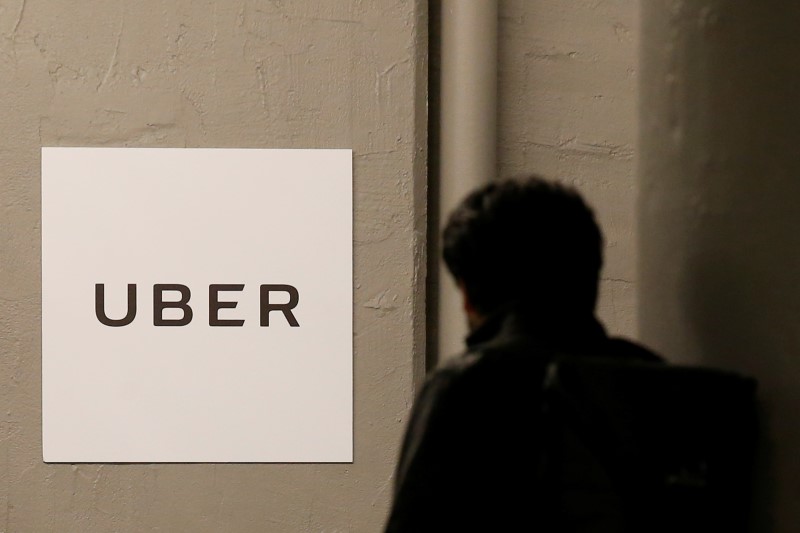In Chennai, Ola and Uber (NYSE:UBER) drivers staged a two-day strike and sit-in on Monday, demanding higher fares, more rides, and a ban on increasingly popular but cheaper bike taxis. The protest attracted between 500 to 1,000 participants, who also voiced their concerns against high commission rates of 30-35%.
The drivers' cause gained momentum after the Supreme Court overturned a Delhi High Court ruling that allowed bike taxis in New Delhi. Shaik Salauddin from IFAT clarified that their target is the aggregators, not the drivers. This protest echoes other gig worker actions, such as the Mumbai food delivery executives' strike and a strike by Zomato-owned Blinkit's delivery workers over payout changes.
In addition to these demands, the drivers are protesting against illegal toll booths and bike-taxi services like Rapido, claiming these are eroding their earnings. They are demanding a ban on such services. Despite opposition from the Tamil Nadu government against the commercialization of two-wheelers for safety reasons, an app-based aggregator managed to get a stay against this ruling in the Madras High Court.
This has prompted the transport department to draft rules for bike taxi operations. However, Tamil Nadu has not yet adopted guidelines issued by the Union Road Transport Ministry for regulating taxi, auto, and bike services including electric vehicles. In contrast, states like Andhra Pradesh, Haryana, and Karnataka have already given the green light to bike taxis.
The recurring protests underscore the urgency for laws like the Rajasthan Platform-Based Gig Workers Bill to address high commission rates and other challenges faced by gig workers. An experienced Uber driver expressed dissatisfaction with low fares as part of these ongoing issues.
This article was generated with the support of AI and reviewed by an editor. For more information see our T&C.
